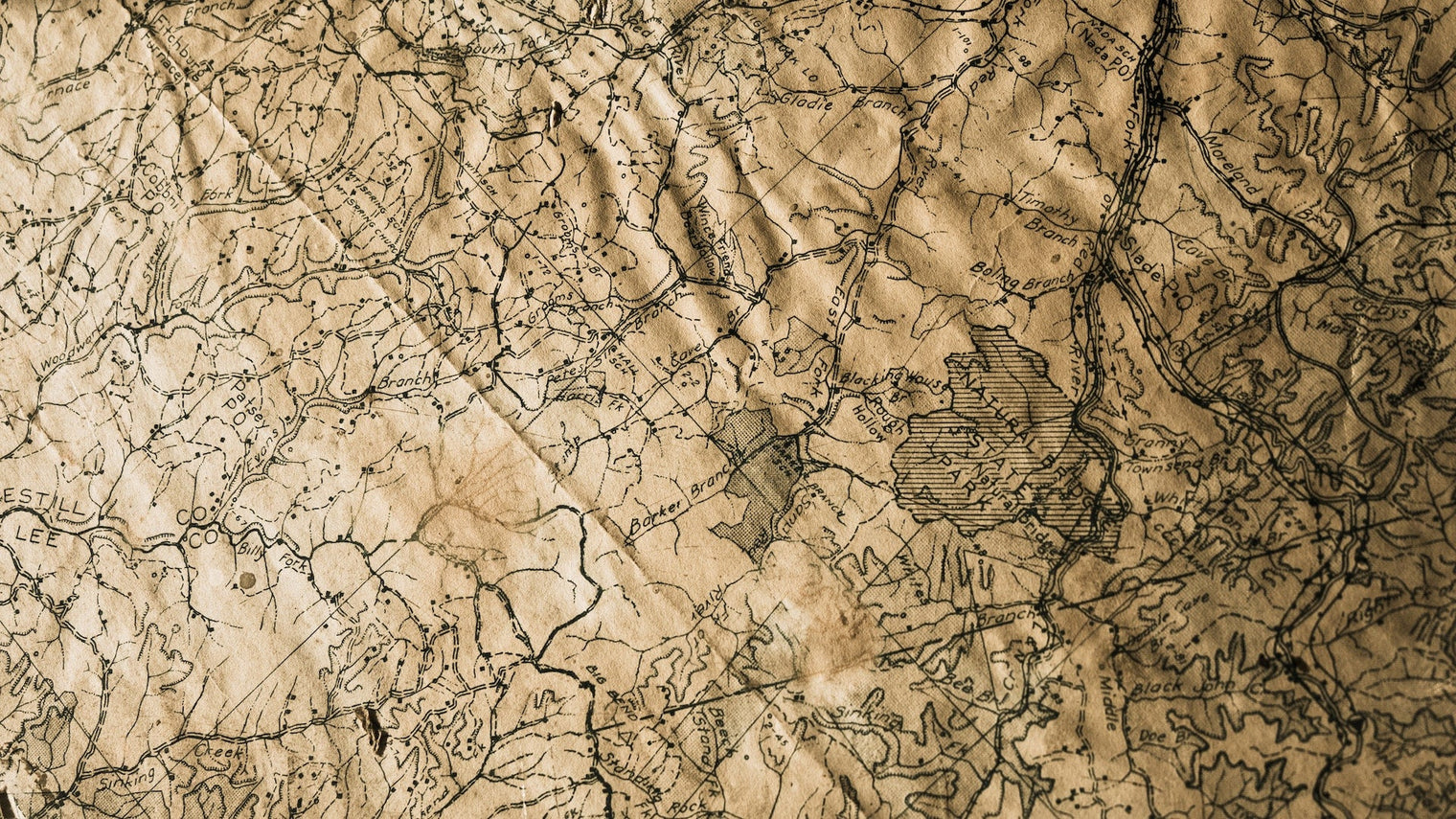The history of specialty coffee is a rich and complex journey, intertwining with various aspects of culture, economy, and social dynamics across different regions and times. This blog post will delve into the historical development of specialty coffee, exploring its cultural, economic, and social impacts, as well as its influence on art, literature, and politics. Finally, we'll look ahead at the future of specialty coffee, considering emerging trends and innovations in the industry.
The Origins and Historical Development of Specialty Coffee
Early Beginnings and Global Spread
The story of coffee begins in Ethiopia, where it was first discovered and later spread to the Arab world. By the 15th century, coffee was being grown in Yemen, and from there, it spread throughout the Middle East, Turkey, and Persia. Coffee houses, known as qahveh khaneh, began to appear in cities across the Near East. These establishments became hubs for social interaction, intellectual discussion, and even political debate.
Coffee Enters Europe
Coffee made its way to Europe in the 17th century, where it quickly became popular. The first coffeehouses in Europe opened in Venice and later in other major cities like London, Paris, and Vienna. These coffeehouses became known as "penny universities" in England, as they were places where people could share ideas and news for the price of a cup of coffee.
Cultural, Economic, and Social Impacts
Coffee and Social Change
In many ways, coffee has been a driver of social change. In the 18th century, coffeehouses in Europe were places where intellectuals and creatives gathered, leading to significant cultural and political discussions. For instance, the French Revolution and the American Revolution were both plotted in coffeehouses.
Economic Impact
The coffee industry has also had a substantial economic impact. As demand for coffee grew, so did its cultivation in colonies in the Caribbean, South America, and Asia. This led to significant changes in these regions' economies and even contributed to the unfortunate rise of slave labor in some areas.
Specialty Coffee: A Modern Evolution
The Rise of Specialty Coffee
The term "specialty coffee" was first used in 1974 by Erna Knutsen in the Tea & Coffee Trade Journal. Knutsen used the term to describe beans of the best flavor which are produced in special microclimates. This marked the beginning of what we now refer to as the "third wave" of coffee, a movement that emphasizes high-quality coffee, skilled brewing techniques, and sustainable sourcing.
Cultural and Artistic Influence
Specialty coffee has had a significant influence on contemporary culture and arts. Cafés serving specialty coffee often double as spaces for artistic expression, hosting events like poetry readings, live music, and art exhibitions. The aesthetics of these cafés, with their emphasis on craftsmanship and quality, have also influenced interior design trends.
Literature and Politics
Like their historical counterparts, modern coffeehouses continue to be places for literary and political engagement. Writers often frequent these spaces for inspiration, and political discussions are commonplace in the relaxed atmosphere of a specialty coffee shop.
The Future of Specialty Coffee
Trends and Innovations
Looking to the future, the specialty coffee industry is likely to continue evolving with new trends and innovations. Sustainability is a growing concern, with more focus on ethical sourcing and environmentally friendly practices. Additionally, technology is playing a larger role in the industry, from advanced brewing techniques to apps that connect consumers with coffee farmers.
The Continuing Evolution of Taste
As consumers become more educated about coffee, their tastes are also evolving. There is a growing interest in single-origin coffees and in understanding the unique flavor profiles of different coffee-growing regions. This has led to a greater appreciation for the art of coffee making and a deeper respect for the coffee producers.
Conclusion
The history of specialty coffee is more than just a story about a beverage; it's a narrative that intertwines with significant cultural, economic, and social developments across the globe. From its origins in Ethiopia to the modern specialty coffee movement, coffee has influenced art, literature, and politics in profound ways. As we look to the future, it's clear that specialty coffee will continue to evolve, bringing with it new trends, challenges, and opportunities. Whether as a drink, a cultural phenomenon, or an economic force, coffee's journey is far from over.


